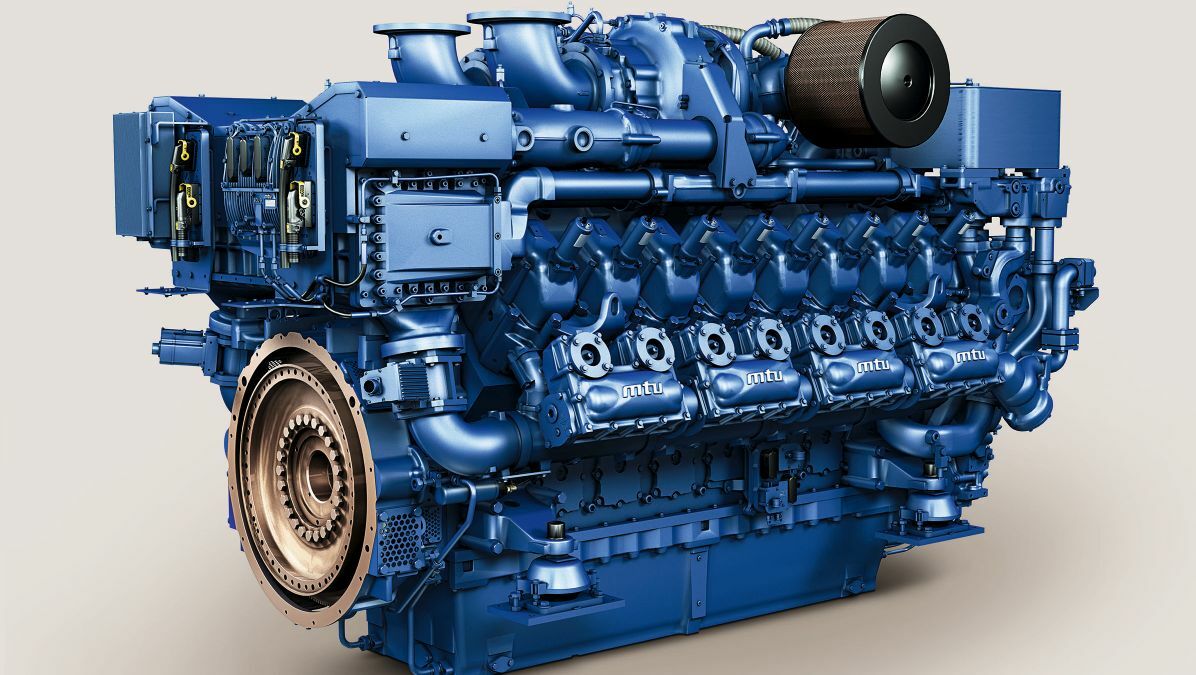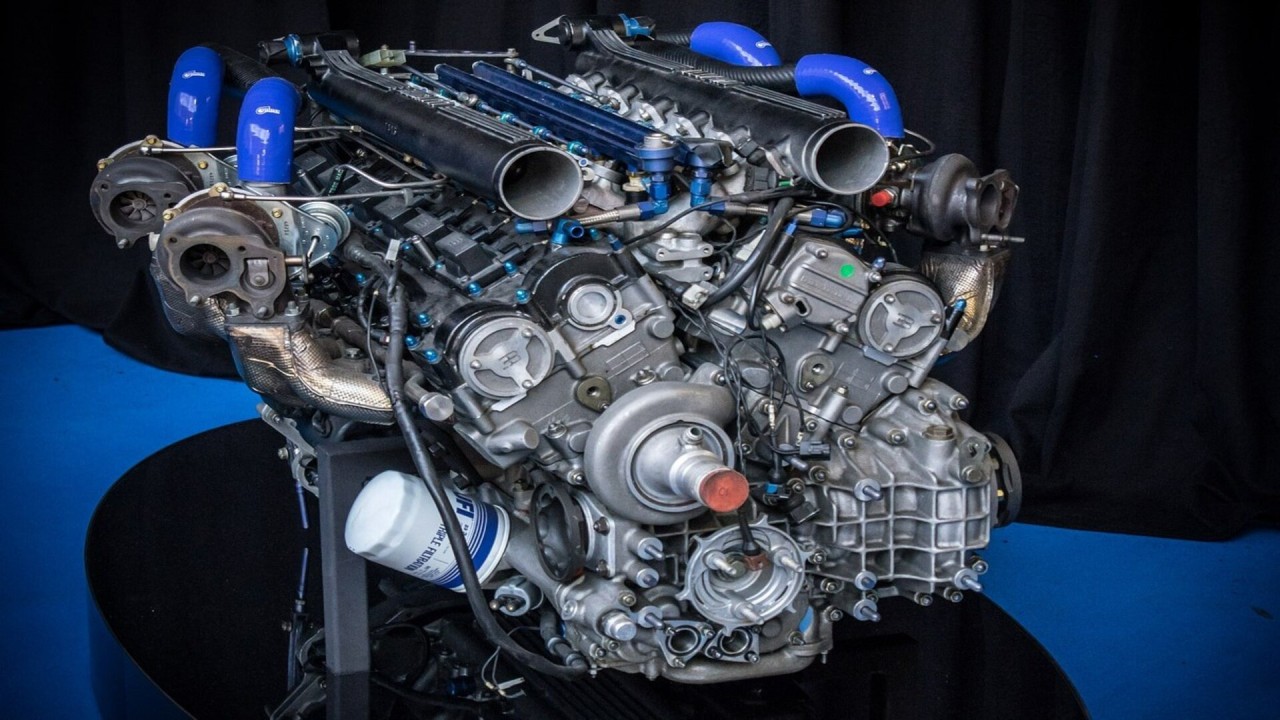Check Out Top Quality Options with Engines For Africa's Inventory
Check Out Top Quality Options with Engines For Africa's Inventory
Blog Article
A Full Overview to Choosing the Right Engine for Your Task
Picking the appropriate engine for your task is a critical choice that can considerably affect its overall success. Each of these elements plays a pivotal duty in making certain that your selected engine not only meets instant goals yet likewise aligns with lasting aspirations.
Specify Your Project Requirements
Defining your project requires is a critical action in selecting the proper engine for effective application. A thorough understanding of your job's goals will certainly lead you in determining the functions and capabilities needed from an engine. Begin by laying out the scope of your task, including the desired performance, target audience, and the specific end results you intend to achieve.
Following, think about the technological requirements that align with your job goals. This includes reviewing the compatibility of the engine with existing systems, as well as the programs languages and frameworks that will certainly be made use of. Additionally, evaluate the level of scalability needed to fit future growth or adjustments in demand.
Budget constraints additionally play an essential role in defining your job requires. Establish a clear monetary structure to direct your decision-making process, ensuring that the engine chosen fits within your budget plan while giving the necessary functionality.
Evaluate Efficiency Requirements

Engines that support horizontal scaling are typically better for larger applications. In addition, examine the engine's efficiency under various problems, such as peak use circumstances, to ensure it fulfills your integrity criteria.
Consider Simplicity of Use
While technical specifications are essential, the ease of usage of an engine can considerably impact the growth procedure and total job success. An intuitive user interface, clear documents, and structured workflows can substantially decrease the discovering contour for developers, allowing them to concentrate on imagination and analytical rather than grappling with complicated tools.
When examining an engine's simplicity of usage, think about the onboarding experience. A well-structured introduction, complete with tutorials and example tasks, can facilitate a smoother change for brand-new customers. In addition, the clarity and comprehensiveness of the engine's paperwork play a vital duty; detailed overviews and API recommendations can empower developers to fix and execute features effectively.
An engine that allows for easy adjustments can be much more straightforward, as programmers can tailor it to fit their particular requirements without substantial problem. Eventually, selecting an engine that focuses on simplicity of usage can lead to a more effective and enjoyable development experience.
Assess Area and Assistance
The toughness of an engine's neighborhood and support network can significantly affect a designer's experience and success. A dynamic area commonly shows a riches of shared understanding, resources, and fixing aid that can improve your project's growth process. When examining an engine, consider the dimension and task degree of its area. Bigger areas usually supply more online forums, tutorials, and third-party plugins, enabling designers to discover options extra efficiently.
Moreover, Our site review the availability of official support networks. Reputable documents, receptive consumer assistance, and normal updates are important for attending to technical issues and keeping your job on track. Engines For Africa. Energetic areas additionally cultivate partnership, offering opportunities for networking and comments, which can be important, particularly for little teams or independent developers
Additionally, explore the visibility of community-run events, such as meetups or hackathons. These events can improve your understanding of the engine while attaching you with possible collaborators and knowledgeable individuals. In recap, a durable neighborhood and support system not only simplify development but additionally produce a setting for discovering and technology, inevitably improving the likelihood of your project's success.
Contrast Price and Licensing Alternatives
Spending plan factors to consider play a critical function in selecting the appropriate engine for your job, as the expense and licensing choices can significantly impact both short-term costs and long-term viability. Engines For Africa. Different engines use differing pricing frameworks, which can include one-time purchase charges, subscription designs, or revenue-sharing agreements based straight from the source on your task's earnings

Certifying choices also vary substantially. Some engines are open-source, offering versatility and community-driven assistance, while others might require exclusive licenses that limit usage and circulation. Comprehending the implications of each licensing design is crucial, as it affects ownership rights, future scalability, and potential lawful obligations.
Conclusion
In verdict, picking the appropriate engine for a project necessitates a detailed analysis of defined project demands, performance demands, ease of usage, area support, and price factors to consider. By methodically dealing with these critical elements, decision-makers can make sure alignment with both present and future task demands. An educated selection ultimately boosts the possibility of task success, enabling effective source allotment and optimizing prospective end results within the specified monetary constraints.
Picking the suitable engine for your task is a vital decision that can substantially influence its total success.Specifying your project needs is a critical action in picking the proper engine for effective execution. An extensive understanding of your job's objectives will direct you in recognizing the abilities and features required from an engine.Once you have a clear understanding of your task needs, the next step is to review the performance requirements his comment is here of the engine.In final thought, choosing the ideal engine for a job demands a detailed examination of defined job needs, efficiency needs, ease of use, community support, and cost considerations.
Report this page